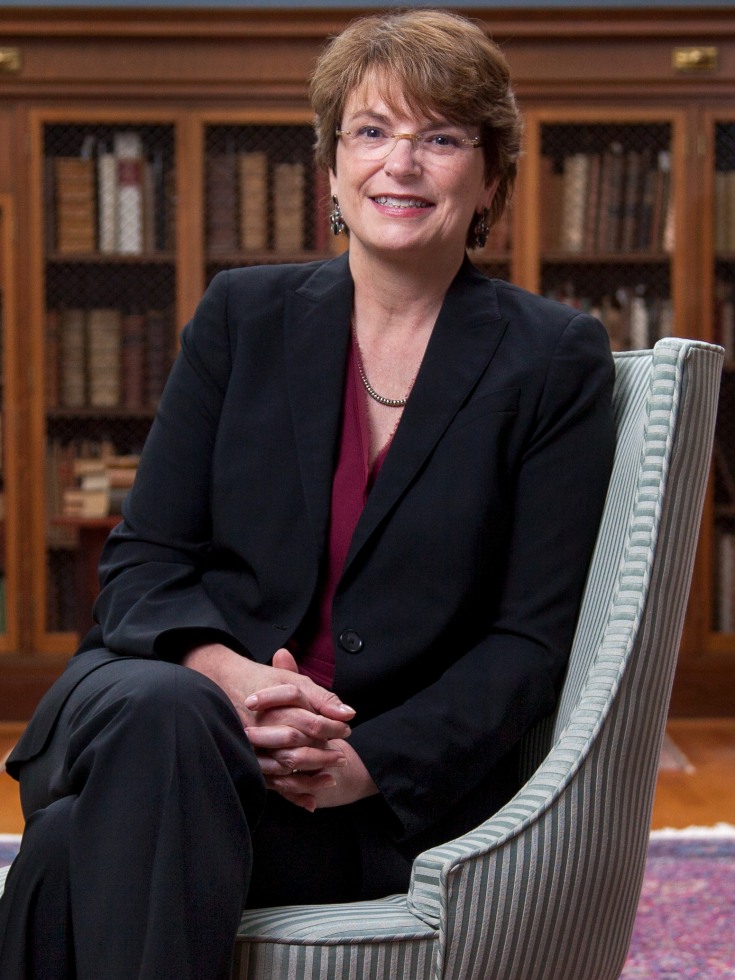If approved, the new MOU between the City of Providence, Brown, Johnson and Wales, Providence College and RISD will bolster the long-standing partnership between the city and its four institutions of higher education. The MOU outlines five areas that the city and the colleges and universities will address collaboratively, with all or a substantial majority of the voluntary payments earmarked for city investment and expenditure in the following areas of priority:
- pre-K-12 education;
- equity, diversity and inclusion;
- community safety and well-being;
- promotion of the City of Providence as a safe, vibrant and inviting place to live, work and learn;
- and climate change and resiliency and adaptation infrastructure and policy.
Over the course of the 20-year MOU, Brown will contribute $128.7 million; Providence College will contribute $18.4 million; and RISD and Johnson and Wales will each contribute $15.2 million.
Improving quality of life, climate resiliency and more
The agreements also create channels for identifying and addressing key areas of concern among city residents, including a Quality of Life working group through which city leaders and the higher education institutions can proactively partner on bringing resources and expertise to bear on developing and implementing solutions.
Russell Carey, Brown’s executive vice president for planning and policy, said the city’s growth and financial sustainability is critically important to the Providence colleges and universities — and Brown, as a vital anchor institution, is committed to positioning the city for prosperity.
“The health and vitality of Providence and that of Brown are deeply intertwined,” Carey said. “We are committed to working with and in support of city leaders to keep Providence as a welcoming, safe, diverse and fiscally stable city, and that impact radiates through the entire community.”
The direct financial contributions outlined in the MOU demonstrate a shared commitment to supporting the long-term fiscal health of the city, marking a substantial increase in voluntary payments compared to the previous 2003 MOU.
In addition, introducing a community contributions component to the new agreement was essential for recognizing that Brown and the other schools do and will continue to make a significant social and economic impact beyond voluntary financial payments, Carey said. The four schools will match the dollar amount of their direct financial payments to the city through community contributions, which can include both financial and non-financial support for programs, services and activities that benefit city residents and students. Community contributions may involve voluntary services provided to city employees, scholarships awarded to Providence residents, and support for K-12 education.
The MOU also commits the city to retaining its current zoning ordinance standards for institutional districts and maintaining the current Institutional Master Plan process, a formal planning process required preceding new phases of physical development for higher education and health care institutions across Providence.
Per the MOU, the city will report annually on the impacts to the Providence community of the institutions’ voluntary financial payments.
Advancing the unique partnership between Brown and Providence via an MOA
Brown’s exclusive MOA with the city to contribute the additional $46 million in voluntary payments — beyond the terms of the joint MOU — aligns with the University’s ongoing investment in local community engagement initiatives.
The University has a longstanding commitment to initiatives focused on the educational needs of the children of Providence. Brown awarded $1.7 million in scholarship support to Providence high school graduates in 2022 and also contributes an average of $1 million in support to the Providence Public School District each year, in addition to tutoring and mentoring up to 5,000 students annually in K-12 public schools.

